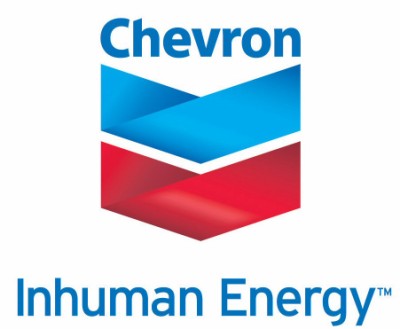Clear Channel: Eco Billboards And Brainwashing
Posted by keith on 5th March 2009
Advertising is one of the main methods by which people are encouraged to continue feeding the global economic machine; it is a Tool Of Disconnection, a tool to ensure humans are kept tied to civilization and away from the kinds of connections that really matter. Advertising is pernicious; it changes the way people think; it implants cultural ideas and concepts in people of all ages, and it makes people do things that they otherwise would not do. Advertising is brainwashing, and it works…for the system.
Here is an extract from A Matter Of Scale:
On 1 April 2007, the Brazilian city of São Paolo officially became billboard free. The tide of advertising that had swamped every physical dimension of the city had become intolerable, even to the local authorities; such was the scale of the problem. The law that demanded the removal of all billboards was – incredibly – passed by a huge majority, with the only “no” voter being an advertising executive on the council. People are happy, except the advertisers, who made their position clear after the law was proposed:
Border, the Brazilian Association of Advertisers, was up in arms over the move. In a statement released on 2 October, the date on which law PL 379/06 was formally approved by the city council, Border called the new laws “unreal, ineffective and fascist”. It pointed to the tens of thousands of small businesses that would have to bear the burden of altering their shop fronts under regulations “unknown in their virulence in any other city in the world”.
We’re all smart enough to see through the rhetoric of these comments: “unreal, ineffective and fascist” are perfect descriptors for the synthetic, disconnected, material world that advertising has forced upon humanity – a world that is swamped with branding, corporate “messages”, sponsorship, flyers, free sheets, popups and numerous other forms of corporate propaganda. São Paolo may have lost its billboards, but the advertisers can still feed their messages to the public through newspapers, magazines, television, radio; even schools, into which corporations don’t so much sneak advertising, as blatantly trumpet the goodness of their products and services.
Almost every school in the UK collects Tesco and Sainsburys supermarket tokens, through which they can acquire computers and books. Every token handed over by every child is a graphic advertisement for competing brands that want their cut of the family shopping budget, and the future loyalty of the children who carry these little pieces of paper into the classroom. North America has it far worse: “It is never enough to tag the schools with a few logos. Having gained a foothold, the brand managers are now doing what they have done in music, sports and journalism outside the schools: trying to overwhelm their host. They are fighting for their brands to become not the add-on but the subject of education.” As you have seen, the individual is not offered real choice in this culture of consumption – simply “Conchoice”. The real choice has already been lost in favour of corporations that have sold entire populations down the commercial river: the individual’s ultimate dream is no longer a response to “what can I achieve in my life?” but “what can I buy?”
When I receive an email suggesting that there is such a thing as “Eco Billboards” then my blood starts to boil: which “Eco Billboards” are these that advertise cars, shopping malls, luxury holidays, political parties, energy companies? Tell me about your brave plan:
Hi Keith,
The outdoor advertising industry is getting an “eco” makeover! From now on major billboard companies like Clear Channel Outdoor will only accept ECO-posters created with polyethylene, the most commonly-recycled plastic in the world.
ECO-posters are 100% recyclable and better for the environment – the previous 30-sheet posters contributed about 150 million pounds annually to the nation’s landfills. ECO-posters also maintain their visible integrity longer, 90 days as opposed to 30 days with the previous posters. Other benefits include:
· No flagging or peeling with these single-sheet executions
· No more glue and paper – the new posters attach directly to the structure
· Visual quality is comparable to vinyl executions
· Unaffected by weather
I’d be happy to arrange a time for you to speak with an executive from Clear Channel Outdoor to discuss why they are making this change, as well how it will help the environment, if you’re interested.
Kind regards,
Sharon
________________________________________
Sharon Oh
Account Executive – Public Relations
Brainerd Communicators, Inc.
521 Fifth Avenue, 8th Floor
New York, NY 10175
Tel: 212-986-6667
Fax: 212-986-8302
oh@braincomm.com
Visit our website at http://www.braincomm.com
Tell me, Sharon, do you feel morally justified in calling this an “eco” makeover, or are you just greenwashing? What does your heart tell you?
Now this is what should happen to billboards: preferably through the actions of the public, rather than any political party. Removing advertising is freeing people’s minds: the only ecological billboard is one that contains no advertising.
Enjoy this story:
Posted in Adverts, Corporate Hypocrisy, Subvertising, Techno Fixes | No Comments »






